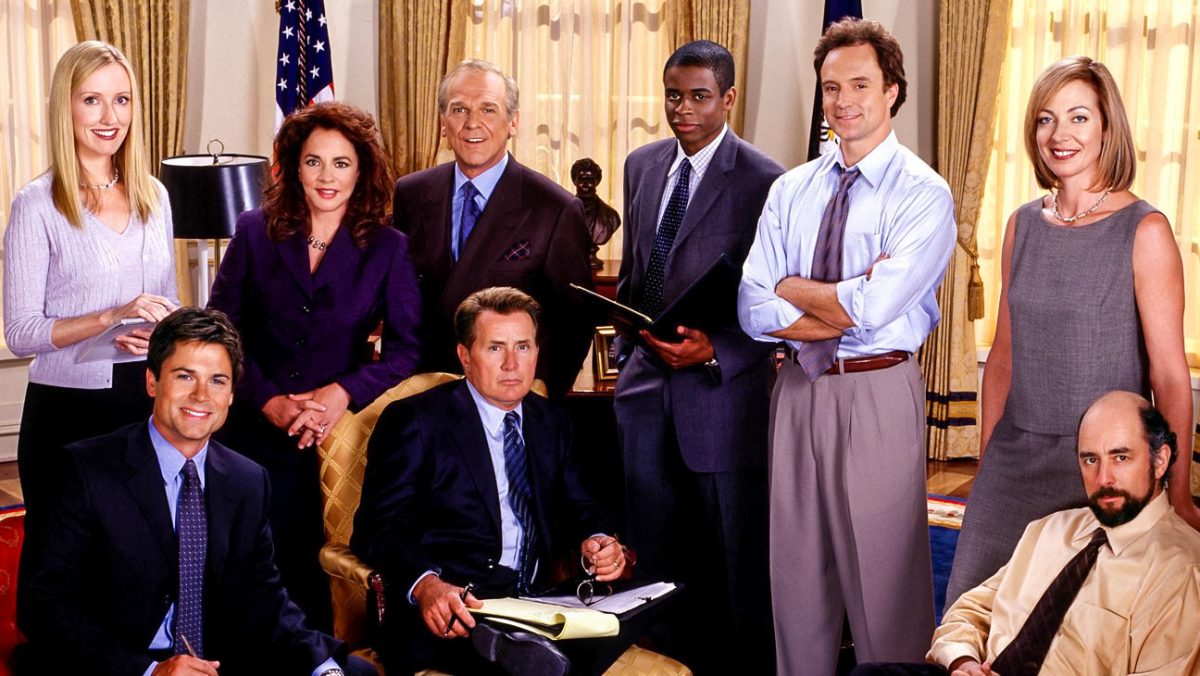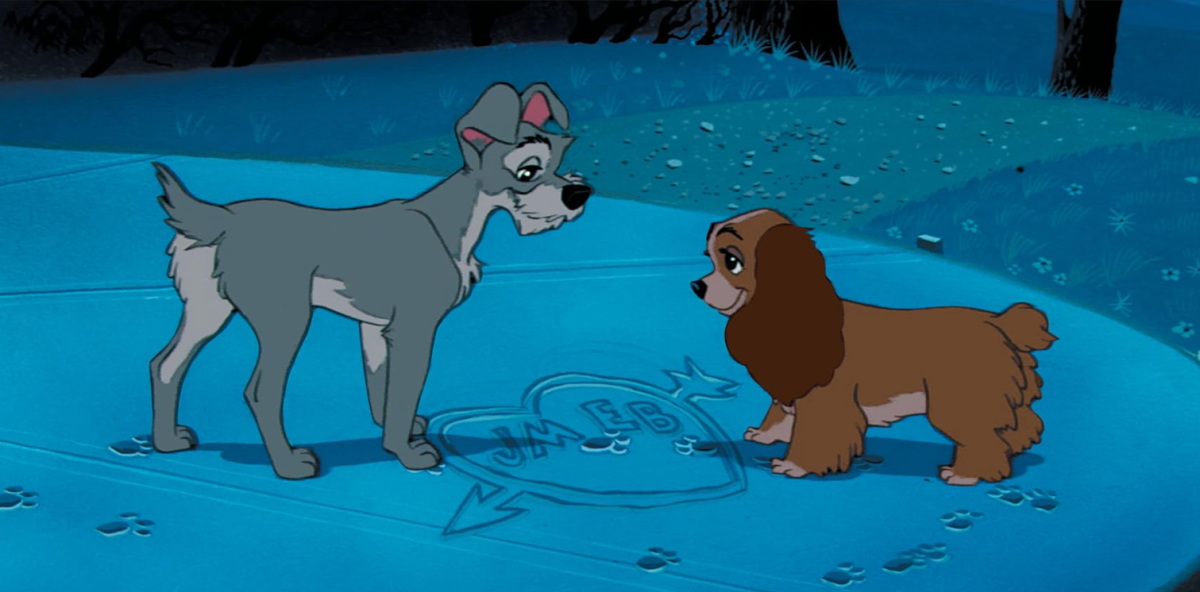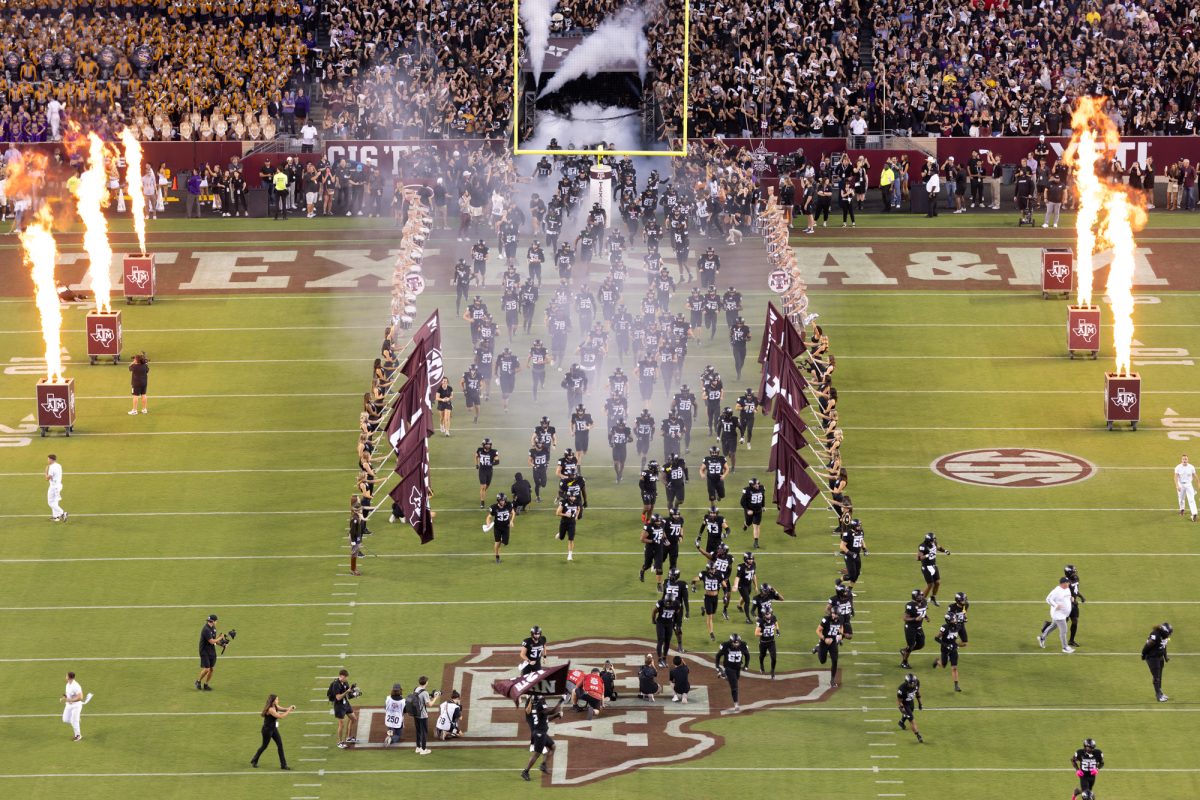The 9/11 terrorist attacks were one of the worst tragedies America has ever faced. The deaths of thousands on that 2001 morning forever changed the landscape of our nation’s culture. But while the redefining effects of the senseless tragedy can still be clearly felt and identified 18 years later in our politics, our travel policies and our national identity as a whole, they can be more difficult to identify in the world of American entertainment. Immediately after the attacks, many television executives were unsure of how to respond, fearing that addressing the tragedy directly in a program meant to entertain would be disrespectful to those lost. So many shows did nothing to respond, some programs choosing to ignore the attacks, others choosing to delay programming or to dedicate otherwise unrelated seasons or episodes to first responders or victims of the tragedy. But, there were a few shows who decided to use their platforms to respond directly to the terrorist attacks, creating special episodes to address the tragedy.
“The West Wing”: Isaac and Ishmael
This special episode of the White House drama originally aired on Oct. 3, 2001, less than a month after the attacks. The episode’s structure and subject matter marked a significant departure from the series’ usual fast-paced format. The episode is set in the West Wing of the White House during what the show refers to as a “crash,” a lockdown due to a potential terrorist threat in the area. The crash just so happens to occur while a group of students are touring the building, and the characters, all White House staffers, congregate in the building’s cafeteria with the students to discuss terrorism. The episode is a departure from form for the series because it takes place primarily in a single room, which is unusual for the typically very mobile characters and camera work of the show. The episode is also unusual because the discussion the characters have is more abstract and historical than the show typically gets. The episode received critical backlash in the years since its release for seeming too preachy and on-the-nose and for not saying much with its abstract dialogue about the history of Islam and Christianity. Many consider it to be the worst episode in the series, but it isn’t. “The West Wing” was always a topical show, and it would have been odd for them not to respond to the attacks. “Isaac and Ishmael” is an important episode because it offered some perspective on a national tragedy that no one could make sense of. “Isaac and Ishmael” slowed down “The West Wing,” took its characters and its platform and used them to talk to the American people about why 9/11 happened. The episode dealt with racial profiling and racism, explaining the role that racial and cultural differences played in the attacks themselves, and warning against Americans stereotyping all Muslims as terrorists in the wake of the tragedy. It was an important message that’s still relevant today, and the show delivered it less than three weeks after 9/11. That was something not many shows had the courage to do at the time. “Isaac and Ishmael” was written and filmed in just two weeks, which is extremely quick for a TV drama. The episode has its problems, but it offered important insights and warnings about some of the political and cultural changes that would result from the 9/11 attacks.
“Third Watch”: In Their Own Words
“Third Watch” was a drama that told the fictional stories of first responders in the city of New York. The show’s first season began in 1999 and was already well established by Sept. 2001, but when the attacks happened, showrunners knew immediately that they had to make a special episode to honor the fallen. The episode they aired in tribute completely departed from the show’s usual fictional format, choosing instead to provide audiences with a humbling, and at times haunting, account of 9/11 from the perspective of real-life first responders who were at Ground Zero on that day. The episode opens with a lengthy introduction by one of the show’s executives explaining that the following interviews are the “real deal” and offering thanks to all the real-life first responders that the show emulated. The episode aired on Oct. 15, 2001, and while many similar interviews of first responders have been performed and curated in the years since the attacks, no other show depicted the tragedy from the viewpoint of the heroes who were there quite so soon after the dust had settled. It was an excellent response to an overwhelming tragedy by a show based on the real-life heroes that helped the nation get through its toughest hours.
“Sesame Street”: Fire in Hooper’s Store
This special episode, unlike the others mentioned, deals with the 9/11 attacks in a very indirect way. “Sesame Street” writers knew they had to address the attacks without further traumatizing children. News coverage of the attacks had been nearly constant for months after 9/11, and writers knew that many children were likely confused and upset by the prevalence and scale of the tragedy. So instead of talking about terrorism or cultural differences, writers chose to shrink the tragedy so it could be more easily addressed and understood by children. The episode seized onto two individual aspects of 9/11, smoke and firefighters, and demystified them for the children watching. In the episode, Elmo is inside Hooper’s store when a grease fire breaks out. No flames are shown, just smoke, but the parallels to images of smoldering towers are obvious. The fire department is immediately called and the fire put out, but Elmo is shown shaking, traumatized. It’s only after Elmo makes a firefighter friend who offers to take him back to the fire station and show him around that he starts to feel better about the incident. The episode segment ends with Elmo in a firefighter’s helmet shouting “hooray for the firefighters,” which by itself is an emotional tribute to those who lost their lives on 9/11. The episode aired Feb. 2002, but its message was still very important. It helped kids deal with trauma their parents might not have even realized they had in the wake of the attacks.
9/11 changed the course of not only American culture and politics, but of television as well. There have been countless documentaries and pop culture references to 9/11 in the years since the tragedy, but none were so timely or impactful as the episodes that aired in the weeks and months following that horrible September day. Most shows didn’t know how to react to the tragedy, but “West Wing,” “Third Watch” and “Sesame Street” took the initiative to respond with touching, if very different, special episodes. 18 years later, these episodes are still the ones that stand out.
Television’s reaction to a nation’s heartbreak
September 12, 2019
Photo by Creative Commons
West Wing
0
Donate to The Battalion
$1815
$5000
Contributed
Our Goal
Your donation will support the student journalists of Texas A&M University - College Station. Your contribution will allow us to purchase equipment and cover our annual website hosting costs, in addition to paying freelance staffers for their work, travel costs for coverage and more!
More to Discover
















